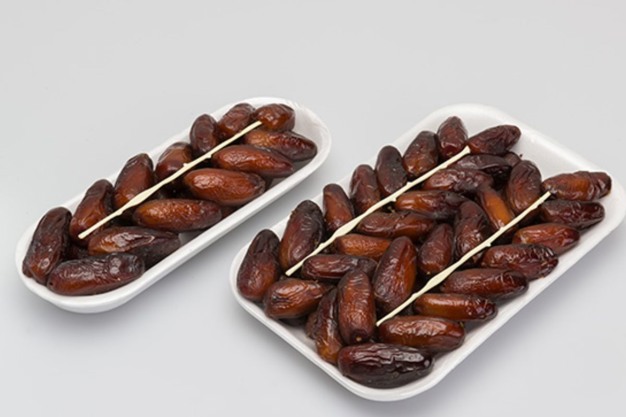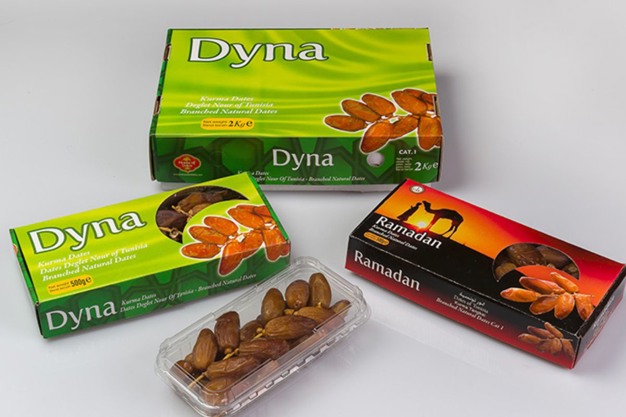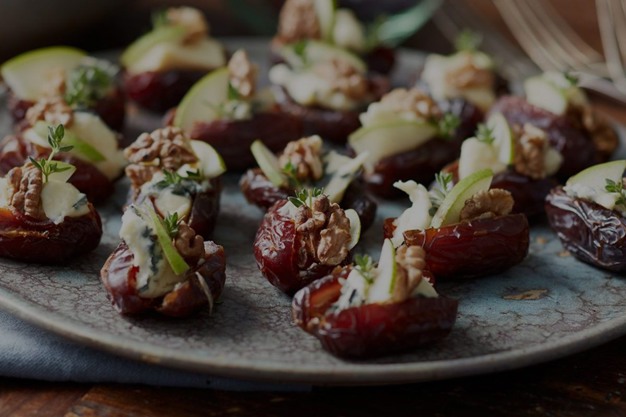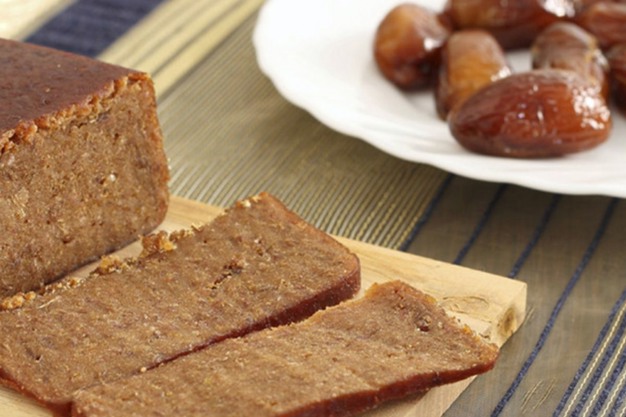The Tunisian date season begins soon. Fresh dates are currently reaching the local market, while exports will start in October. Ghazi Rouissi, CEO of The House of Dates, gives insights into the dates industry in Tunisia.
Rouissi says: "The season starts a little earlier than usual, which is attributable to climate change. Tunisian dates are exported throughout the year, and October will see the arrival of fresh dates on international markets. Tunisian production is quite rich in varieties, with kenta dates, different varieties of red dates, the Allig and Khouet Allig varieties, and of course the deglet nour, the flagship of Tunisian dates and the best-known on the market. In addition to fresh dates, we also offer several date-based products, such as sugar substitutes, date paste, and syrup. These by-products are increasingly in demand."

What volumes can be expected next season? " There is another side to the volumes issue," Rouissi replies. "We shouldn't rely on the figures announced, no matter how credible they may be. With water stress, climate change, and a shortage of skilled labor, it's difficult to make forecasts. These limitations mean that an increase in surface area does not automatically translate into an increase in volume, and even an increase in volume does not mean an increase in the share of dates suitable for consumption. It should be remembered that 80% of date growers in Tunisia are small-scale farmers, which makes it difficult to achieve an effect of scale on volumes. The success of the season doesn't entirely rely on volumes, and it's hard to tell an exact number."
"The playing field remains quality, promoting the consumption of dates among a wider public, and defending the Tunisian origin," continues the producer. According to him, "Tunisian dates have been the victims of counterfeiting and defamation in recent seasons, as well as unfair competition".

"With increasingly difficult weather conditions, biological control is becoming too costly, and chemical control remains the only viable option in farming operations. In recent seasons, however, we have seen unacceptable behavior from other competing origins. Rumors are spread at crucial times of the season to defame Tunisian dates, accusing them of containing high levels of pesticide residues. In the same countries, Tunisian dates are renamed and re-exported. It is the duty of the Tunisian industry to counter this unfair competition schemes."
"Tunisia remains among the most demanding countries in terms of quality and compliance with import standards in destination countries," Rouissi argues."Our uncompromising work ethic is rooted in our history as an early exporting country of fresh produce. At House of Dates, we're a family of dates growers and exporters since 1927."

In terms of markets, the outlook for next season remains unchanged, according to Rouissi. "Our main markets remain Morocco and Western Europe, especially countries with a large North African diaspora. We can see that dates are acquiring an increasingly broad consumer base, but it will take time for this to materialize in terms of demand for Tunisian dates. We still have difficulties in delivering to the Gulf countries due to competition from closer origins like Egypt and Iran. Morocco will remain an important market. Tunisia exports 25,000 tonnes of dates to Morocco, compared with 5,000 tonnes to Spain, for example."

According to the grower, the best way to boost the dates sector is to promote it to the general public, rather than seeking to increase volumes. He explains, "We should no longer tie date consumption to an ethnic group or religious calendar. Dates are rooted in the cultures of many peoples, like olives for example. Dates are a superfood, rich in nutrients and energizing, and should be branded as such. Also, direct consumption is not the only way to consume dates, they can be a very good ingredient in gastronomy in syrup or powder form."
"Above all, we need to raise awareness of the need to reduce dates waste, especially among individual consumers. Until now, this has been achieved through small packaging, which increases prices for consumers while inflating retailers' margins. I'm more in favor of larger packs and storage in the fridge. What I'm saying is that consumers need to be made aware of how to store dates at home," Rouissi concludes.
For more information:
Ghazi Rouissi
The House of Dates
Tel: +216 20 305 240
Email: [email protected]
www.thehouseofdates.com
